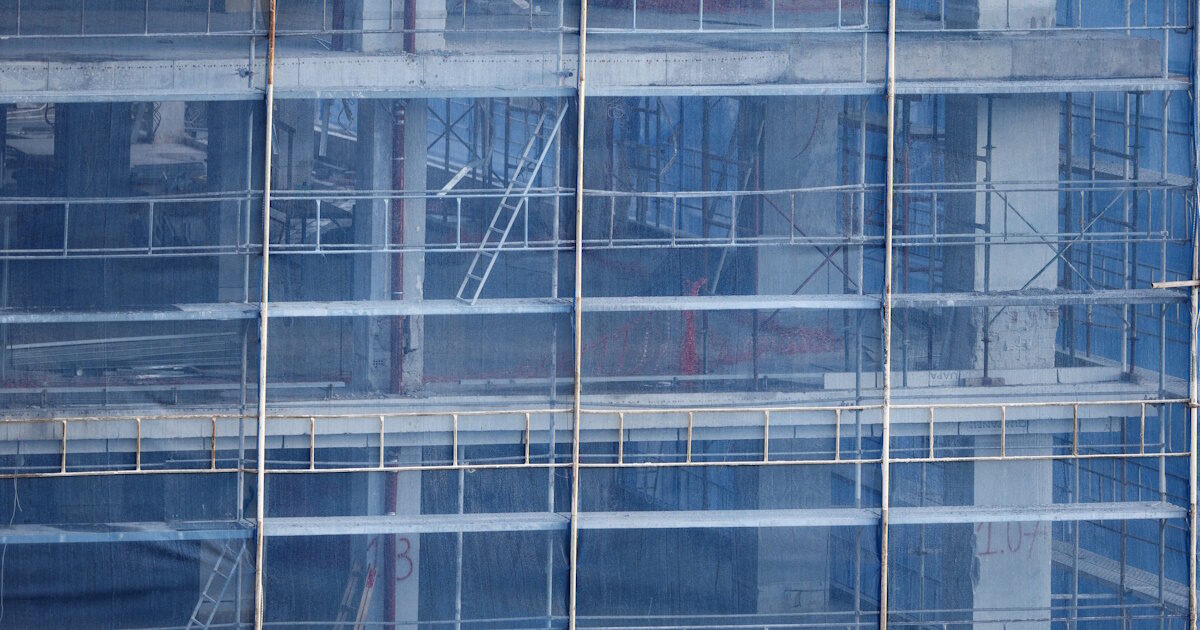OR real estate In Greece he continues to record a clear preference to the old residenceswith recent Re/Max Greece data for 2024 confirming this established trend. This preference is not accidental, but reflects a complex reality that combines economic, social and urban parameters.
Most Greek buyers are looking for houses that meet basic housing needs, without requiring exorbitant initial capital. In this context, old houses, over 20 years of age, are the most affordable solution. According to the survey, 66.1% of real estate that changed hands nationwide in 2024 belonged to this category. In Attica the rate is launched at 82.9%, while in Thessaloniki, the corresponding sales of old houses reached 80.6%.
The choice of these houses is directly linked to the price. An old property can be acquired at a significantly lower cost than a newly built, which makes it attractive to buyers who either do not have sufficient liquidity or wish to exploit the property. Even if renovation is needed, many estimate that they can upgrade the property properly and gain future goodwill, especially if it is in an area with increasing demand or in a city plan.
Another important factor that boosts the market for old houses is the limited availability of newly built. In central areas of large urban centers, reconstruction is slowly proceeding, either due to lack of plots or due to increased construction costs. For example, in Attica, only 4% of the houses sold in 2024 were newly built. The situation is somewhat improved in Thessaloniki, where newly built 7.6% of sales, while in the rest of Greece there is a significant increase in demand for new homes, with a percentage of 28% – the highest nationwide.
In addition to the age of the houses, the types of real estate are also interesting. Nationwide, houses are still the dominant category, accounting for 77.1% of total sales. The need for housing still outweighs any other use, especially at a time when rent prices remain high and the market offers more security over time. This image becomes even more intense in the two major urban centers of the country. In Attica, the percentage of home sales reached 87.6%, while in Thessaloniki it reaches 88.2%, confirming that citizens are mainly investing in permanent home.
Second is the land market – mainly land and parcels – which occupied 18.2% of sales. This dynamic is more intense in the region, where investment in land is still a strategic choice for many, both for future reconstruction and for agricultural or tourist exploitation. In the rest of Greece, the percentage of land sales is 25%, indicating more flexibility to the needs of buyers outside the big cities.
On the contrary, professional real estate – such as offices and shops – show limited momentum. Nationwide they occupy only 4.7% of all traders, a percentage that falls even more to the region (3.3%). This trend is mainly attributed to investor reservations for the commercial viability of such sites, especially in an environment of unstable consumer behavior and digital transformation of the market.
In summary, the market for old houses continues to be dominated by affordable price, growth perspective and limited supply of new real estate, especially in large urban centers. Houses generally maintain primacy in buyers’ preferences, while the Earth maintains an important role in the region. The real estate market in Greece remains dynamic, but the direction of purchasing choices is primarily determined by the cost, availability and future capabilities of real estate.
